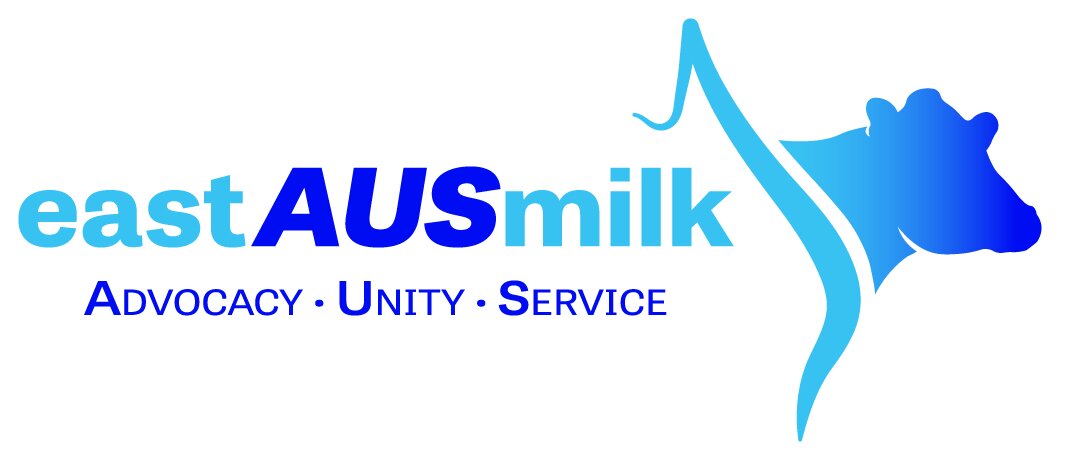Manning Valley producers says there is no resilience left after latest flood emergency one year after the big one
Mid North Coast dairy farmers struggling with repeated wet weather are taking drastic steps to keep their farms viable.
Last week's inundation delivered 300mm in three hours to the Neal family's operation on Oxley Island in the lower Manning, covering 150 hectares of their best-producing paddocks for a week and drowning winter feed that had been planted three times so far.
"We need water to farm but it's been a challenging time," said James Neal who runs 1500 head of dairy cattle but sent 500 young stock away to Walcha on agistment. "We have been flat-out feeding hay, silage and grain to all the remaining stock for past four months."
The fifth-generation dairy farmer usually tops the charts on somatic cell count but in the current climate with mud everywhere more time is needed to wash clean teats at on the 60 head rotary dairy in order to keep mastitis somewhat at bay.
The Norco supplier was thrilled to receive a rise of 12 cents a litre in this year's contract but when he sat down and crunched the numbers was dismayed to discover he was no better off than last year as a result of a massive rise in nearly all input costs.
"It's tough on everybody. We feel we're not going forward and in fact right now we're making a loss.
Supermarkets count on a 15 per cent to 20 per cent return every year, while the average NSW dairy farmer last year struggled to achieve 4.9pc for all the risk of working in an extremely variable climate, seven days a week.
"We are lucky to to have the Norco cooperative up here leading the milk price, as the other international processors only opened with a five cent increase, but later matched Norco when they were going to lose supply to the co-op.
Mr Neal praised the timeliness of government disaster assistance which "stopped many from going under both financially and mentally.
"Farmers hate being reliant on these disaster grants, but there is no fat left in the system after the run of poor seasonal conditions over the last few years. In the longer term we would rather have a more sustainable milk price, which factors in all risks we are exposed to, and allows us to put some money away for the next run of years, when we have these natural disasters."
Stewarts River dairy farmer Tim Bale is still waiting on his farmgate price as a member of Manning Valley Fresh which sells to Woolworths.
Rising inflation and floods have caused expensive setbacks in feed and production to the point that his farm is down in income $1000 a day.
Last week's flood was not nearly as severe as last year's record inundation yet delivered 17 inches or 431mm during 36 hours that caused waters to rise so quickly that cows were separated from the dairy by gullies that ran deeper than Mr Bale's head.
"We've had two metres of rain so far this year and 2300mm for the whole of last year. Our average annual rainfall is 1500mm, compared with 1050mm at Taree.
"We keep getting bashed but we're still here," Mr Bale says, while praising his manager manager Bryan Bartlett and neighbour Trent Dean for helping to wade out into paddocks and open gates before all working together to drive cows to safety.
"Once a few started moving the rest followed and when the last one went to cross the gully Bryan grabbed her tail for a tow," Mr Bale said. "I had to swim across."

